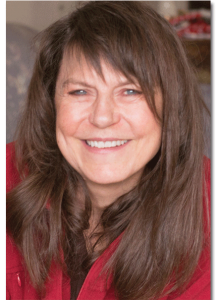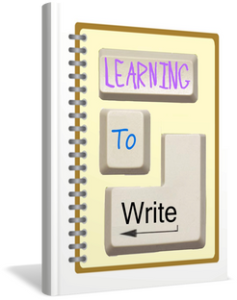
I am a mother who has worked a grand piece of magic. When my son was first diagnosed, experts told me there wasn’t a cure. They would swallow their diagnostic words if they saw him today. I devised an educational platform that gave him what he needed to build a rich social life and develop his talents. Once isolated and confined, now he is free.
We turn to experts, asking “Am I alone”? The diagnosis often comes as a relief—“No, there are others like you.” We fit a profile, but never exactly. We must customize the profile to fit our one-of-a-kindness. In the process of listening to teachers and learning from the experts, I became one myself. I, like many others, am a high-functioning mom, a self-made authority when it comes to my child.
By the time my son was eight, he had been diagnosed by with a Reading Disorder (Comprehension), Aspergers Syndrome, and a Non-verbal Learning Disorder. By second grade, he had suffered so much abuse from other kids at school that he suddenly turned violent and began to talk about hurting himself. I took him out of public school and taught him at home for eight years.
In the 11th grade, he was reevaluated by another team of experts. During his time with me, he had gone from “challenged” to “gifted” in Reading Comprehension, and was “not currently presenting with a specific learning disability.” As if test results didn’t show progress enough, when he reentered public school, he was instantly popular.
What I thought of as intervention looked more like a cure! Could this be some kind of grand coincidence, or could outside sources explain why my methods worked? I spent nearly three years researching the question.
I read books about Aspergers and autism, written by autistics, Aspergers, parents, science reporters, researchers, and Ph.D.s. I read books about the neurophysiology of everything from healthy childhood development to brain pathology and the biological underpinnings of aggression, religion, and brain plasticity. I read books on speech therapy, linguistics, memory, diagnostic tests, and talking computers. I read books I can scarcely remember reading.
The more information I amassed, the less my son’s recovery looked like pure chance, unless there could be an even grander coincidence—that how I helped my son makes accidental sense from a researcher’s point of view. Nonetheless, through my searching, I satisfied myself that my son’s recovery had a lot to do with how we worked the problem together.
I was becoming one of the thousands of self-made experts. This is a place for those parents and professionals who are closest to Aspergers and autism to share their expertise, tell their stories, and explain what has worked for them.
